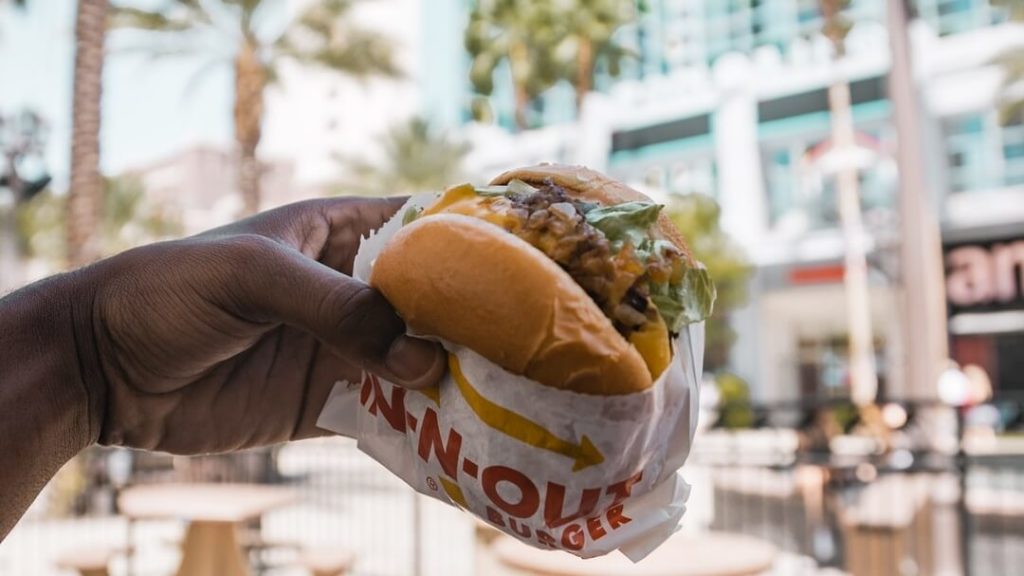Doubling the number of vegetarian and vegan menu options encourages people to eat less meat, research finds.
Members of the University of Cambridge’s geography, public health, and zoology departments collected a year’s worth of cafeteria sales data. They assessed more than 94,000 meal choices from three of the university’s colleges. Researchers say it’s the first study to look at how rearranging a menu can influence people to choose meat-free meals.
Increasing the number of vegetarian options from 25 percent to 50 percent motivated meat-eaters to select meat-free meals. The number of meat orders reduced by 40 to 80 percent. The change did not affect the overall sales of food.
“One of the exciting things about this study is the scale of information on individual diners’ choices,” conservation scientist and co-author of the paper Andrew Balmford said to the Daily Mail. “It allowed us to test for rebound effects, when customers compensate for less meat at lunch by eating more in the evening. We found little evidence of this.”
“We discovered that changing the relative availability of vegetarian options had the strongest effect on those who usually eat more meat,” he added.

Sustainable Food at Cambridge
Paper author Theresa Marteau said that adjusting menus is a “powerful way” to help people eat more sustainably.
“Education is important but generally ineffective at changing diets. Meat taxes are unpopular,” Marteau said. “Altering the range of available options is more acceptable, and offers a powerful way to influence the health and sustainability of our diets.”
Cambridge announced in 2016 that it was removing beef and lamb from its menus to reduce its carbon emissions. The institution added plant-based dishes to the menu instead. The swap helped the university to lower its carbon emissions per kilogram of food by 33 percent. It also reduced the amount of land use per kilogram of food by 28 percent.
Nick White — head of the University Catering Service — commented that the change is “absolutely the right thing to do.”
“Sustainability is extremely important to our students and staff,” he said, adding that the university wanted to ensure it was “responding to their needs.”


